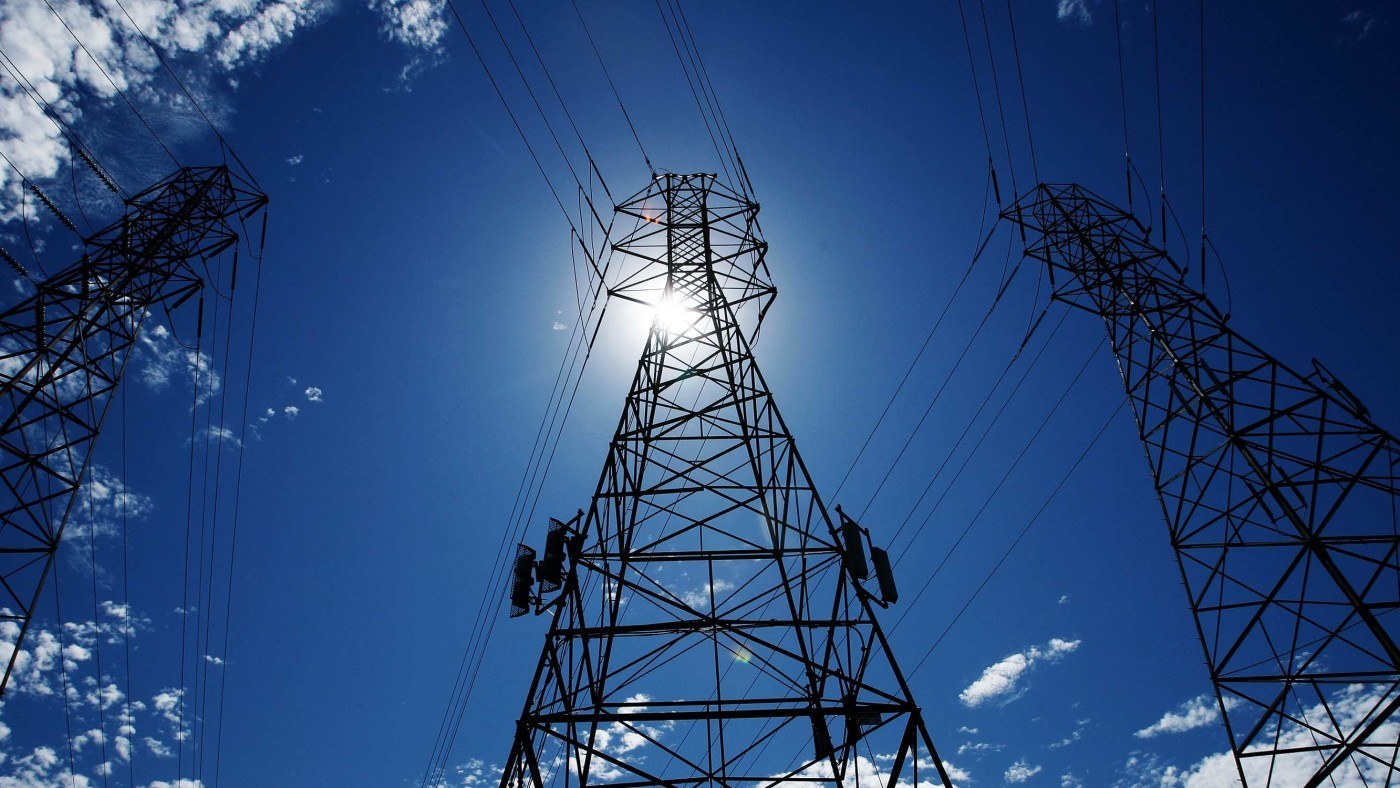A recently published report by Carlo Stagnaro at the Institute of Economic Affairs laments the return of policymakers to the interventionist policies which once strangled the electricity and energy industries. Despite the successes of reforms introduced in 1990 that endured till 2010, the author highlights the U-turn taken by the UK and the EU in these sectors.
The nationalisation of the electricity industry in the years following World War II was due to the ideological climate of the time. With improvements in technology and an inefficient system of state-supplied electricity, the UK led the way in implementing key reforms. The promotion of capitalism, market deregulation and increasing privatisation led to falling electricity charges for consumers and industrial users (26% for consumers with a much larger fall for industries).
Today, polls show an increasing number of people in the UK supporting the renationalisation of energy companies. This is despite the successes of privatisation and liberalisation – the report explains how, between 1990 and 2010, “greenhouse gas emissions per unit of GDP fell by 45%”.
The EU initially followed the UK’s lead and began to liberalise electricity markets. By 2007, according to Stagnaro, “all EU member states had third-party access to electricity networks, and most had transparent wholesale markets and a degree of consumer choice”.
Around ten years ago, UK policies began to reflect a change in mind-set which saw a reduction in competition. This paralleled changes in EU policies, which slid down the spectrum towards intervention, especially on issues concerning climate change. Limits were placed on the number of offers and tariffs that suppliers could make to residential consumers. Capital subsidies or tax breaks to install renewable capacity were introduced, as well as direct subsidies for renewable energy. The subsidies also vary across the different technologies and the different states. These long-term agreements to fix prices in the market will lead to a crowding out of non-subsidised investments where the risk is not borne by the taxpayer.
Rather than a more efficient carbon tax or cap-and-trade system, having national renewables targets to reduce CO2 which must be adhered to is hugely wasteful. Further interventionist policies reduce competition by regulating electricity producers – they are no longer rewarded for actually producing and distributing power but “for simply having the capacity to do so”. Price spikes driven by intermittency, inherent in so many sources of renewable energy, has led to pressure for regulated capacity support mechanisms – yet more interference in the market.
The latest policies may end up being less expensive than their predecessors, but the energy market is still not efficient, nor are CO2 emissions being reduced in the cheapest way possible. What is needed now is to develop a fully liberalised and competitive market where free rein is given to free market mechanisms. If policymakers are not confident enough to rely completely on the power of the free market, supplementary policies to promote competition and innovation are needed if the successes from 1990-2005 are to be repeated.


